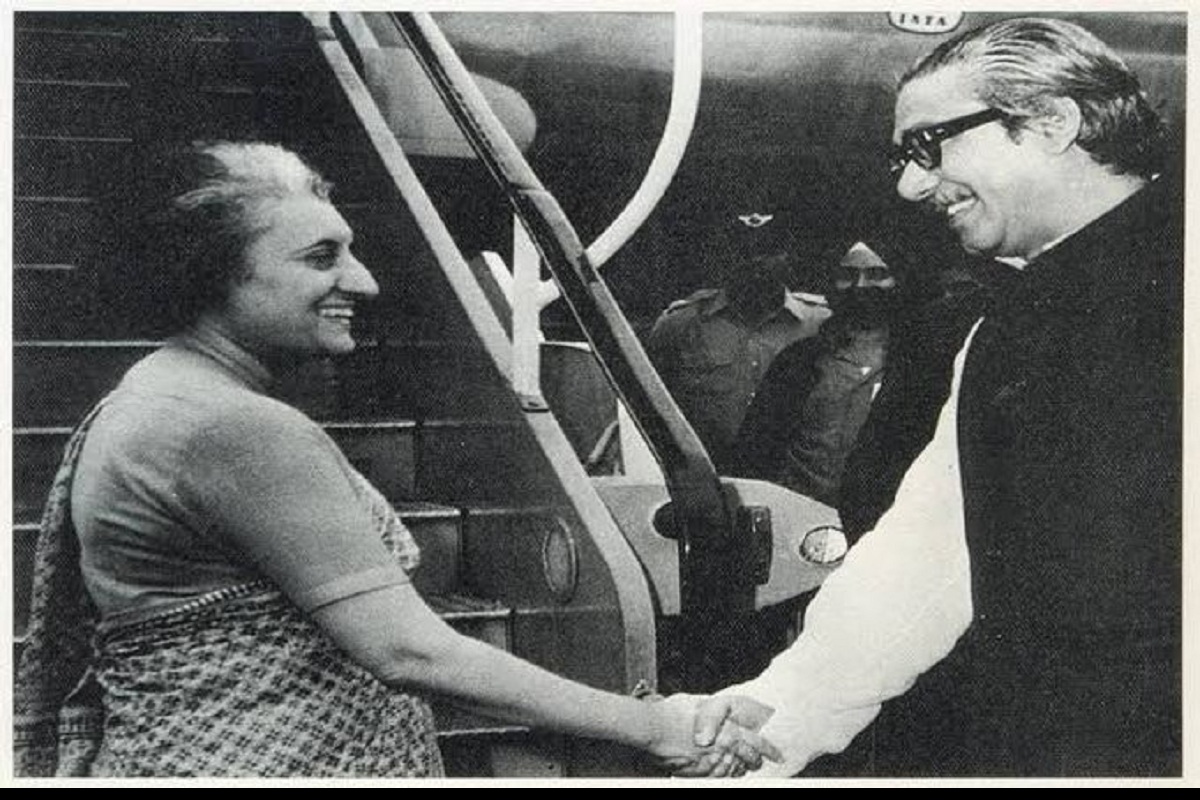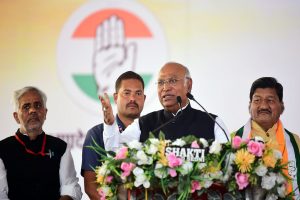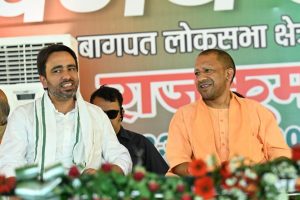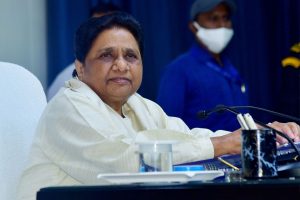Despite the deferment by the Awami League government of Narendra Modi’s visit to Bangladesh, India’s Prime Minister did utilize the opportunity afforded by Sheikh Mujibur Rahman’s centenary celebrations on 17 March to beef up relations with Dhaka for all the occasional hiccups, the latest being the fury over citizenship which has come to bear on the neighbour on the eastern flank.
The video message was distinctly addressed to the post-liberation generation (1971) and the Awami League… and not to the Bangladesh Nationalist Party, whose support base comprises those who were repatriated from Pakistan, including a few who had helmed the army in liberated Bangladesh.
Mr Modi has reminded the political class generally that Mujib had put in place a “positive and progressive society” after the country attained independence. He has played on the emotion linked to the war of independence to woo the ruling party and the people.
This is still more significant as the Begum Hasina government has tacitly condoned the recent demonstrations in Dhaka against the Indian Prime Minister’s scheduled visit.
In a calibrated swipe at General Yahya Khan’s regime, Mr Modi recalled, “We all know how a dictatorial regime ignored democratic values and carried out injustice on the people. Bangabandhu brought the country out of that destruction and genocide and worked hard to build a positive and progressive society”.
On the face of it, this might appear to be a recital of the events of 1971 (precisely from March to December); the fineprint was a reminder of the cruel irony of the fledgling country’s political history ~ Mujib and the majority of his family members were done to death on 15 August 1975, less than four years after freedom was won from Pakistani oppression.
Clearly, Mr Modi had played to the people’s gallery when he recounted the injustice during the era of East Pakistan and how the intrepid Mujib had spearheaded the people’s upheaval to free the country from the yoke of the military dictators. He richly deserved the epithet of “Father of the Nation” called Bangladesh.
The Prime Minister’s paeans can be contextualized with the compliments that he has paid to Mujib’s daughter, now the Prime Minister ~ “The manner in which Bangladesh is progressing by adopting inclusive and developmentoriented policies, is really praiseworthy”.
Small wonder that his video presentation has been almost universally greeted in Bangladesh as a “perfect tribute” to the Father of the Nation. He underlined the progress that Bangladesh had registered during and after the Mujib era. The optics would have been more profound had Mr Narendra Modi been present at Dhaka’s Suhrawardy Udyan on March 17. Alas that was not to be.











